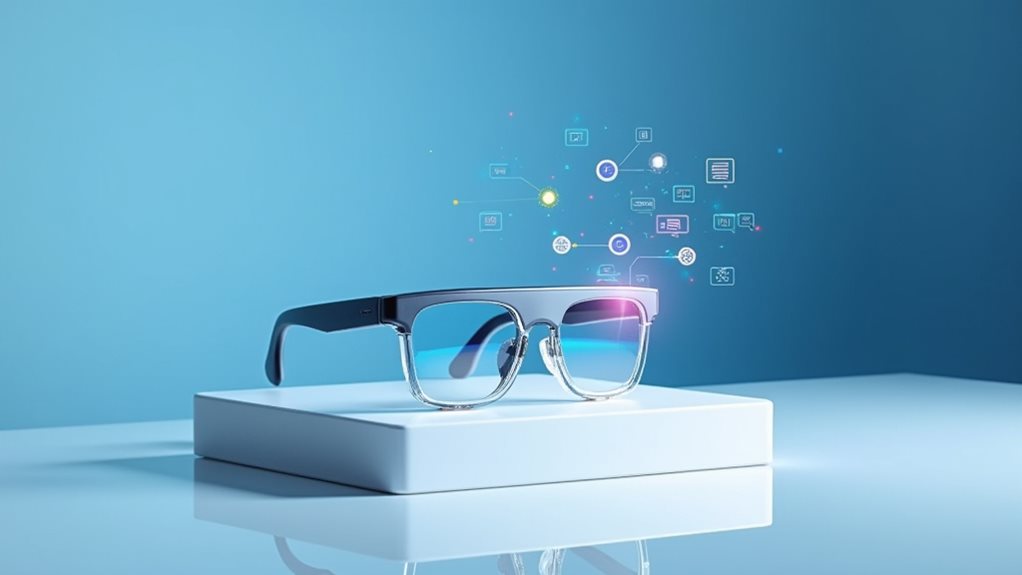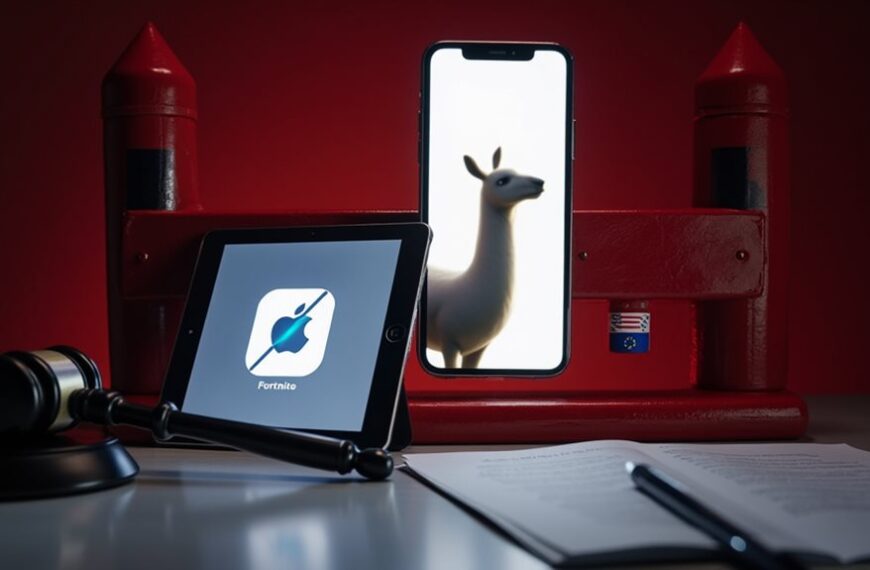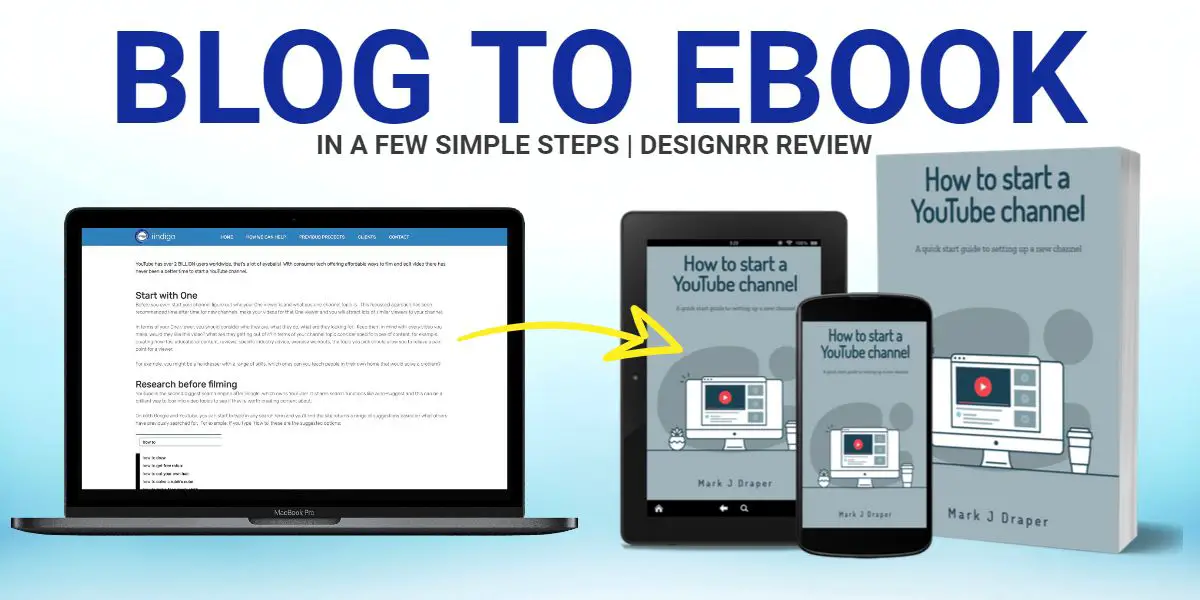Google’s new smart eyewear aims to challenge Meta with advanced AI integration. You’ll experience hands-free access to Gemini AI assistant, real-time translation, and memory assistance features through devices designed to resemble regular glasses. These prototypes include cameras, microphones, and optional in-lens displays while partnering with fashion brands like Gentle Monster and Warby Parker for style. Though no release date has been announced, these glasses represent a notable leap forward in how you’ll interact with digital information in everyday life.

While tech companies have attempted to create smart eyewear for years, Google’s latest glasses represent a remarkable leap forward in wearable technology. These innovative glasses combine sophisticated components like cameras, microphones, and speakers to improve your interaction with the digital world.
Google’s new smart glasses elevate wearable tech with cameras, microphones, and speakers that seamlessly enhance digital interactions.
The new smart glasses work seamlessly with your smartphone, providing hands-free access to apps and information when you need them. You’ll appreciate the optional in-lens display that offers a private view of information visible only to you.
Google has integrated their Gemini AI assistant into these glasses, delivering real-time assistance and contextual information as you manage your day. The integration enables natural hands-free assistance while allowing users to stay fully engaged with their surroundings. You can access visual translation capabilities during conversations with people speaking different languages, including English, Hindi, and several others.
The glasses also help you remember where you’ve placed items by using the camera to track and recall locations. This memory assistance feature proves particularly useful in busy households or workplaces.
Unlike previous models that stood out for their tech-focused appearance, these glasses are designed to look like regular eyewear. Google has partnered with fashion brands like Gentle Monster and Warby Parker to create stylish designs you’d actually want to wear.
You’ll find the user experience remarkably seamless, allowing you to interact with your environment without reaching for your phone. The intuitive design enables multitasking through hands-free access to texting, guidance, and other common functions.
The potential impact of this technology extends beyond convenience. Real-time translation capabilities could revolutionize communication in multicultural environments, while visual and auditory assistance features improve accessibility for many users.
Google and Samsung are collaborating on a software platform and reference hardware, with prototypes currently undergoing testing based on user feedback. The glasses operate on the Android XR platform, offering mixed reality capabilities that position Google competitively against Meta in the expanding smart glasses market.
These developments signal a notable step forward in augmented reality technology that could transform how you interact with both digital information and the physical world around you. The company is actively gathering consumer insights to refine these prototypes before making any release date announcements.
Frequently Asked Questions
How Much Will Google’s AR Glasses Cost?
While Google hasn’t officially announced pricing for their upcoming AR glasses, you can expect them to be more affordable than Apple’s $3,500 Vision Pro.
Google plans to offer various models at different price points, likely ranging between $300-$500 based on comparable devices in the market.
The company’s strategy appears focused on making AI-enabled smart glasses accessible to more consumers.
Pricing details will likely be revealed at upcoming tech events in mid-2025, such as Google I/O.
When Will These Glasses Be Available to the General Public?
You’ll need to wait until after 2025 to purchase Google’s new smart glasses.
According to available information, the first line of these AI-powered glasses will launch sometime after 2025, though no specific release date has been announced.
The glasses are currently in development and being tested by trusted users.
This timeline aligns with Google’s broader Android XR strategy, which includes other augmented reality products launching within the next few years.
What Privacy Concerns Do Google’s AR Glasses Raise?
Google’s AR glasses raise several privacy concerns you should be aware of.
They can collect biometric data and track your eye movements without clear policy details about how this information is used.
The glasses might also enable facial recognition that links strangers to online profiles without consent, and allow surreptitious recording of others.
These capabilities could potentially extract personal information from people around you, increasing social anxiety and eroding public trust in privacy.
How Long Does the Battery Last on a Single Charge?
Google Glass battery life varies by model and usage.
You’ll typically get about one day of battery life under normal conditions, though intensive features like video recording will drain it faster.
Older models last between 2-4 hours, while newer Enterprise Edition 2 devices offer up to 8 hours.
The original Google Glass has a 570 mAh battery that fully charges in under two hours via Micro USB.
Your connectivity method (Wi-Fi or Bluetooth) will also affect battery duration.
Will Prescription Lenses Be Compatible With Google’s AR Glasses?
Yes, Google’s AR glasses will be compatible with prescription lenses.
The glasses feature a modular design specifically created to support interchangeable lenses, including prescription options.
You’ll be able to get your prescription lenses fitted at local eyeglasses stores or through manufacturers.
Google has filed patents outlining methods for easy integration of prescription lenses while maintaining optical alignment and protecting electronic components.
This compatibility addresses a highly requested feature that will make AR glasses accessible to more users.




